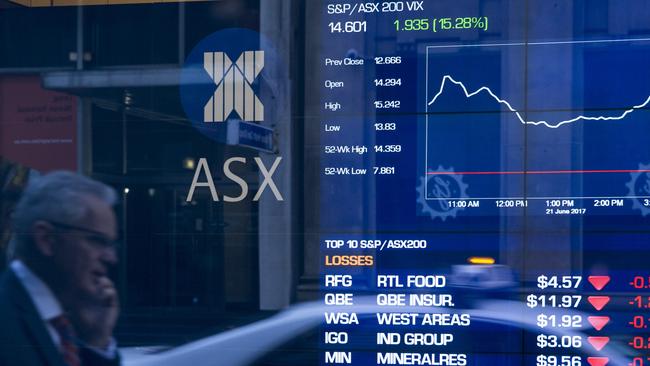ETFs emerge to challenge bank hybrids
Australian investors’ love affair with hybrid notes is about to be challenged by the arrival of exchange traded funds.

Rather, as global broker Morgan Stanley points out it will be thanks to the arrival of ETFs (exchange traded funds).
A string of new ASX listed bond-based fixed income ETFs offer local investors an exposure to what the global broker calls ‘true fixed income’.
Implicit in the new research from Nicholas Lim is the point that hybrids are “false” fixed income and the point is hard to deny. Hybrids are a melange of shares and bonds with shares acting as the dominant force.
The woeful performance of even the most highly regarded hybrids such as CBA’s PERLS notes in the depth of the GFC proved that beyond doubt, with the giant PCAPA note falling 25 per cent in the dark days of 2009.
Many investors stick with hybrids, accepting the risks, because of a deep seated faith in Australia’s big four listed banks. Though there is little sign those banks will hit the rocks in the years ahead — or at least fail so poorly that they would not honour their hybrid commitments — it is also true that conditions are deteriorating for the majors.
Moreover, the crucial point made by Morgan Stanley is that retail investors can reconstruct the defensive parts of their portfolios with a judicious mix of cash, bonds and ETFs that will offer good returns with less risk.
Why not? The conundrum for most private investors is that government bonds often offer lower returns than cash, corporate bonds are more lucrative but very few people have the time or money to construct portfolios in this area as most corporate bonds are sold with a $50,000 minimum.
ETFs on the other hand can offer that most elusive criteria — a diversified holding in true fixed income. If there is a flaw in the argument it’s that bond ETFs being listed on the ASX means they can be sold off easily should investors see reason to panic ... and that’s just what tends to happen.





Australian investors’ love affair with hybrid notes — a widely held alternative to bonds — is about to be challenged. And it won’t be due to a sudden realisation they are riskier than most people think ... that message seems to fall on deaf ears.